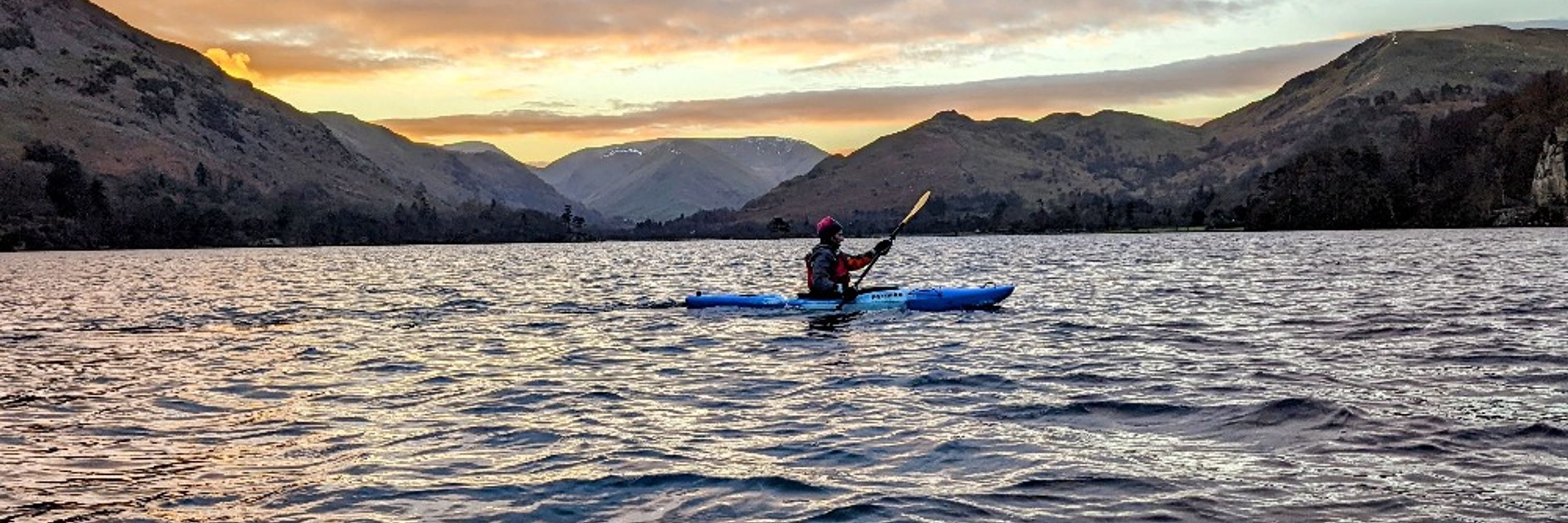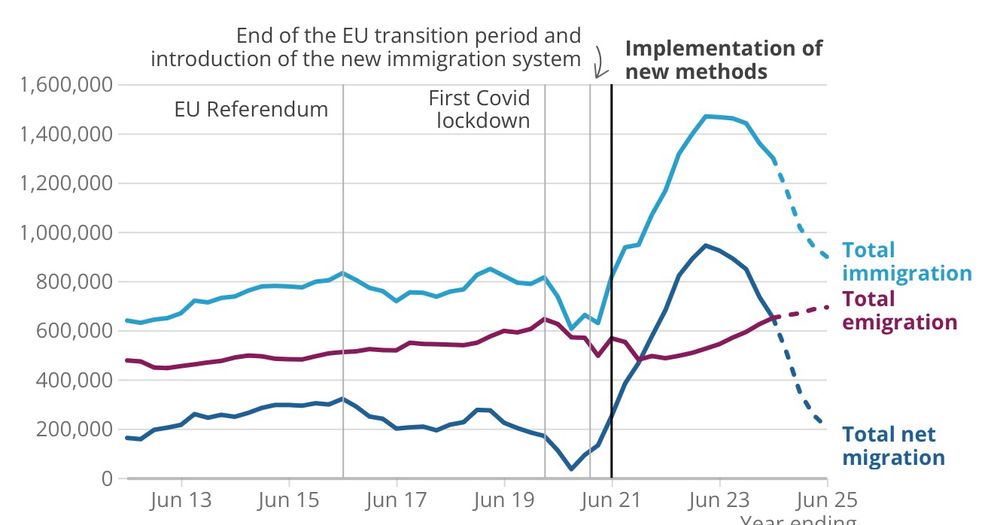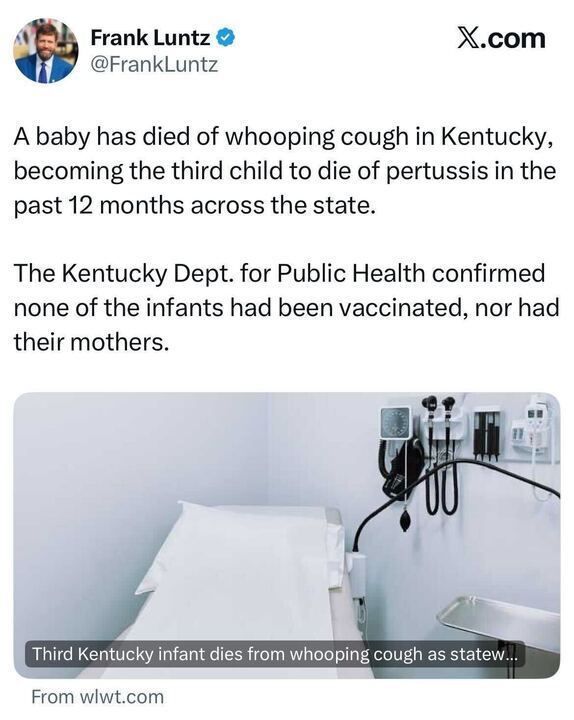
Prof Operational Research , @UCL_CORU, passionate about health care, women in STEMs, defending liberal democracy (!). Member of @independentsage, posts personal. https://www.trumpactiontracker.info/
Christina Pagel FMedSci HonFFPH is a German-British mathematician and professor of operational research at University College London (UCL) within UCL's Clinical Operational Research Unit (CORU), which applies operational research, data analysis and mathematical modelling to topics in healthcare. She was Director of UCL CORU from 2017 to 2022 and is currently Vice President of the UK Operational Research Society. She also co-leads, alongside Rebecca Shipley, UCL's CHIMERA research hub which analyses data from critically ill hospital patients. .. more
Reposted by Michelle Kelly‐Irving, Christina Pagel

Reposted by Christina Pagel
Reposted by Peter Holmes, Mary Corcoran, Christina Pagel

BBC News article & Media Show prevented from repeating Rutger Bregman’s corruption allegation in its coverage… of whether the BBC censored his speech!
BBC/Trump fallout continues
www.theguardian.com/media/2025/n...
"Sir Keir Starmer has denied putting the Labour Party before the country by ending the two-child benefit cap".
Can we please go back to reporting the actual news, not someone's partisan take on it?
Reposted by Andrew Leyshon, David Merrett, Christina Pagel

@rmcunliffe.bsky.social is one of the few journalists who brings it up continuously - once again in the wake of the budget 👇
Reposted by Nicholas A. Christakis, Christina Pagel

The 1970s were a decade shaped by fears about overpopulation. As the world’s most populous country, China was never far from the debate.
Reposted by Christina Pagel
Not that you would know it from the endless coverage of Britain's supposed "immigration crisis"
Reposted by Christina Pagel

(from my presentation at the IMF last week)
Reposted by Christina Pagel

www.bbc.co.uk/news/live/cn...
Reposted by Lawrence Freedman, Jonathan Hopkin, Christina Pagel

"Survival - for now"
The five big risks hidden in the budget. And why the government has missed an opportunity to take control of its own destiny.
(£/free trial)
open.substack.com/pub/samf/p/s...
Reposted by Steve Peers, Lesley A. Hall, Peter Holmes , and 1 more Steve Peers, Lesley A. Hall, Peter Holmes, Christina Pagel


www.nytimes.com/2025/11/26/u...
Reposted by Daniel W. Drezner, Christina Pagel
My issue with it is that it's a lot of effort for not much money.
Reposted by Steve Peers, Michael H. Whitworth, Christina Pagel
I remember another govt delivering a referendum on EU membership, just to mollify restive backbenchers. That's costing way, way more... A little perspective?
Reposted by Els Torreele, Christina Pagel, David Darmofal

www.nytimes.com/2025/11/26/h...
Reposted by Christina Pagel

Reposted by Christina Pagel
Reposted by Christina Pagel

Reposted by Diane Coyle, Christina Pagel

www.ox.ac.uk/news/2025-11...
Reposted by Christina Pagel
Reposted by Christina Pagel
Reposted by Ben H. Ansell, Christina Pagel

Reposted by Philip N. Cohen, Christina Pagel




